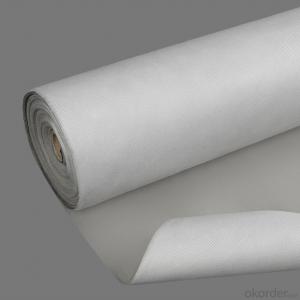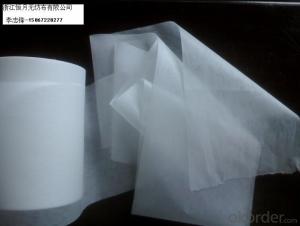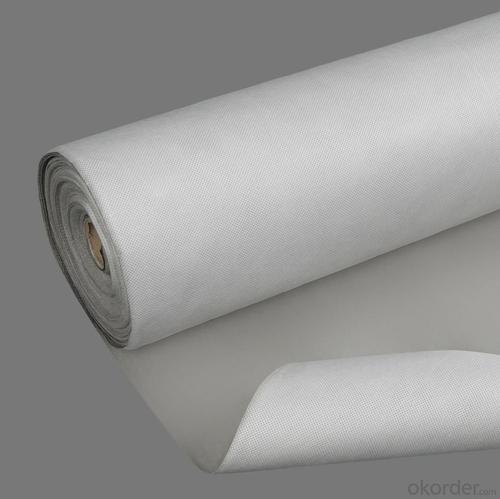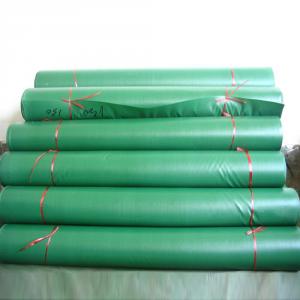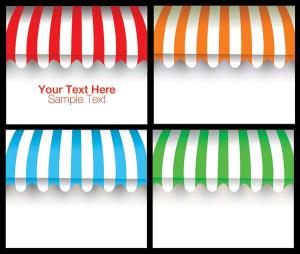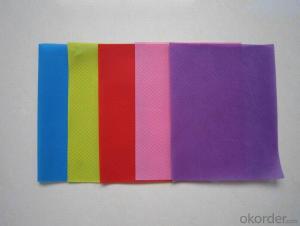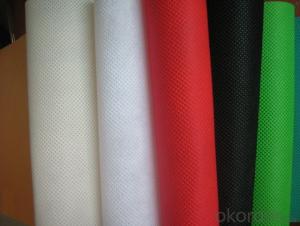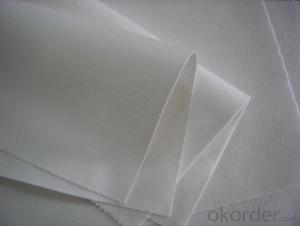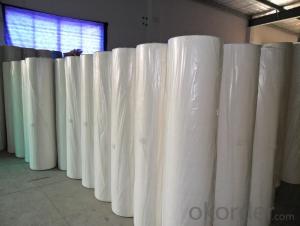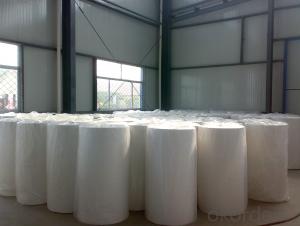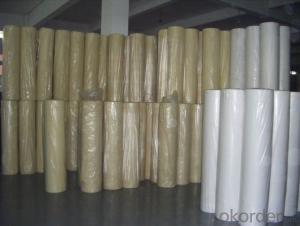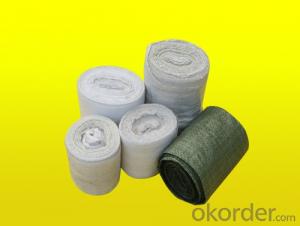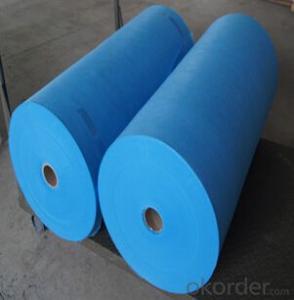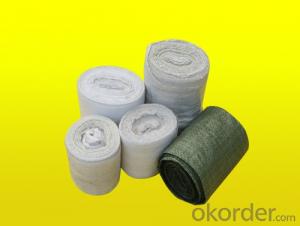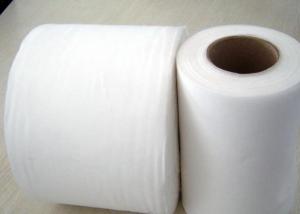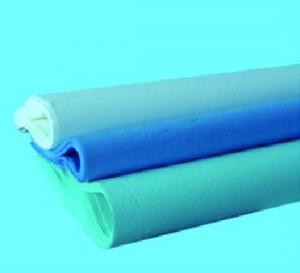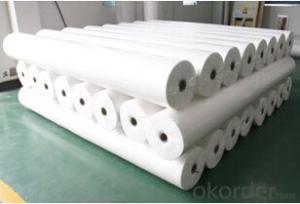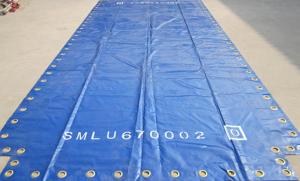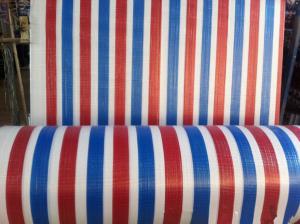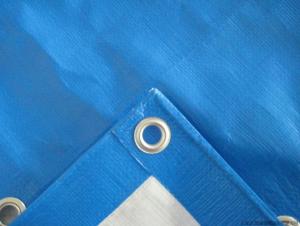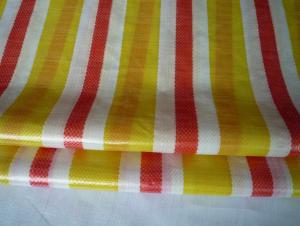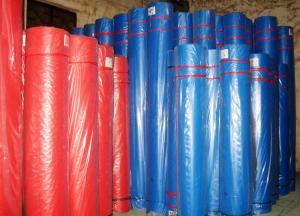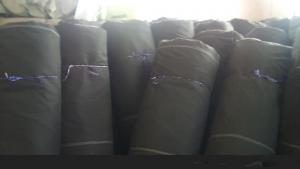high quality pp anti-static SM non woven fabric in roll
- Loading Port:
- Shanghai
- Payment Terms:
- TT OR LC
- Min Order Qty:
- 1000 roll
- Supply Capability:
- 10000 roll/month
OKorder Service Pledge
OKorder Financial Service
You Might Also Like
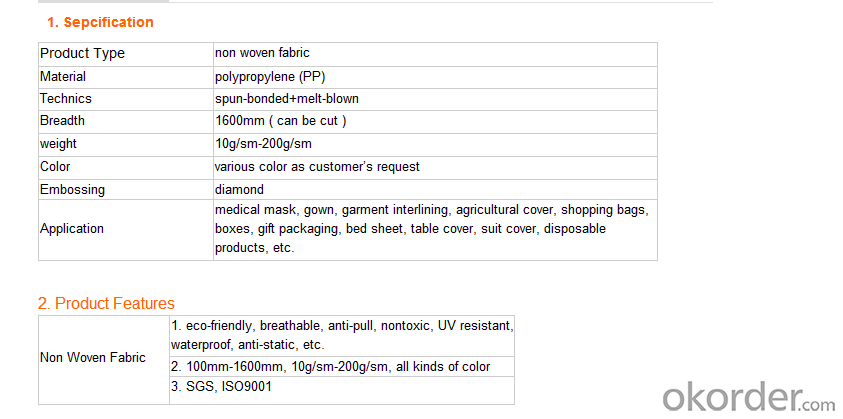 PP non woven weed control mat is made of environmentally friendly raw materials, pp spunbond nonwoven fabric. It used to prevent the growth of weed, without the use of potentially dangerous chemical sprays or labor intensive hoeing. Once installed, weed mat will continue providing protection for years without maintenance.
PP non woven weed control mat is made of environmentally friendly raw materials, pp spunbond nonwoven fabric. It used to prevent the growth of weed, without the use of potentially dangerous chemical sprays or labor intensive hoeing. Once installed, weed mat will continue providing protection for years without maintenance.
They are permeable fabrics, which allow air, water and nutrients to pass through, and designed to block out the sun to reduce photosynthesis and stop weed growth.
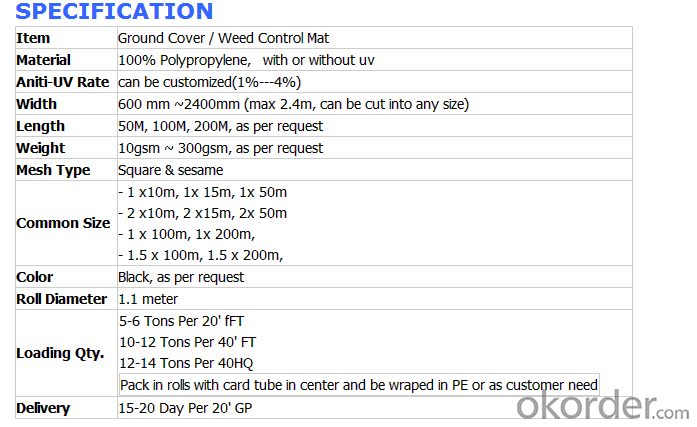
The use of landscaping fabrics has become extremely popular in recent years for many reasons:
1. Leisure time is maximised - the need for weeding and on-going maintenance is minimised
2. Environmentally friendly - no need for chemical based weed killers
3. Promotes healthier plants - it allows the soil to breath and water to permeate
We offer different types of weed control fabrics to suit all applications and budgets.
1. Available in a range of sizes & materials to suit various applications from small to large landscaping projects, in both commercial and domestic situations.
2. All our landscape fabrics are UV stabilised
3. Ideal for use under paths, patios, decking, paving, bark mulch, gravel etc.
FEATURES:
1. Weed suppressant and drainage control landscaping fabric
2. Spun bonded non-woven fabric – will not fray when cut
3. Easy to use
4. Environmentally friendly
5. Allows water, air and nutrients through, suppressing weeds without the use of chemicals
6. Good alternative to Plantex® where cost is a factor
7. UV Stabilised
8. Reduces the level of watering required due to the slower rate of water evaporation
FUNCTION:
1. Cover crops in the ground surface,prevent weeds and against the insect
2. Controlling soil humidity and the temperature
3. Does not affect the growth of the crops
4. Protects plants from harmfully solar radiation
5. Air permeability, water permeability help crops growth.
6. Mothproof, eco-friendly, breathable, anti-bacteria, tear-resistant, fusible
APPLICATIONS:
1. Weed block for landscaped garden beds
2. Permeable liners for planters (stops soil erosion)
3. Weed control under wooden decking
4. Geotextile for separating aggregate / soils under walkway blocks or bricks
5. Assists in preventing paving from settling unevenly
6. Landscape fabric prevents soil erosion
Health - Hygiene & Medical
Surgical Gowns
Gloves
Face Masks
Foot covers
Diapers
Caps
Bedsheets
Curtains
Pillow Covers
Slippers
Packaging
Sleeping Bags
Tarpaulins
Tents
Artificial Leather
Bags for Rice/Sugar etc.
Luggage
Vacuum Cleaner Bags
Tea and Coffee Bags
Buff Pads
Shopping Bags
Agriculture
Crop Covers
Turf Protections
Nursery Over wintering
Weed Control Fabrics
Root Bags
Containers
Capillary Matting
Other types of covers
Furniture Upholstery
Roofing and Tile Underlayment
Acoustical Ceilings
Insulation
House wrap
Pipe wrap
Sofa and Mattress Lining
Shoes & Garments
Coveralls
Pillow cases
Airline Headrests
Interlinings
Clothing and Glove insulation
Bra and Shoulder Padding
ADVANTAGES:
1. Lower labour costs as no weeding maintenance for years;
2. Water seeps through and can conserve soil moisture for improved growing conditions;
3. Air escapes – humidity rises through the mat for a more controlled growing environment;
4. Increase crop yields close to 25% due to improved growing conditions and absence of water stress and competition of nutrients absorption from weeds;
5. Minimises bacteria and fungus problems especially Algae;
6. Strong, woven construction or pressed fibre sheet resists tears and punctures;
7. Resistant to mildew, rot, water, sunlight and most of the agricultural chemicals
8. Fertilizer is applied on the mat, thus helping the owner or estate manager to monitor the progress of manuring;
9. Prevents soil erosion or leaching of soil nutrients or fertilizers applied;
10. Environmental friendly.
- Q: Textile raw materials of mineral fiber
- The preparation of chemical fibers, usually the first natural or synthetic polymer or inorganic materials made of spinning melt or solution, and then filtered, measured by the spinneret (plate) out into a liquid stream, then Solidified into fibers. At this time the fiber is called the primary fiber, its mechanical properties are poor, must go through a series of post-processing processes to meet the textile processing and use requirements.
- Q: What is the "gold and silver wire" used in the textile industry?
- Gold and silver: that is, the physical method will be coated with color PET polyester film cut into very fine wire. Through the polyester film or nylon film plating method to make the surface coated with a layer of aluminum or silver, and then according to the textile needs to be processed into different width of the wire
- Q: What is the anti-perspiration finishing of textiles?
- Anti-perspiration finishing of textile and we often say that the perspiration fastness is completely different concept, the anti-perspiration finishing of textiles in the printing and dyeing plant on the side of the fabric side of the hydrophilic side of the waterproof processing, at the same time, the hydrophilic surface of the fabric after the hydrophilic , The corresponding waterproof surface can not see the watermark.
- Q: Classification of textile materials
- Fiber by source and habit is divided into two categories of natural fiber and chemical fiber, or according to Anglo-American chemical fiber is divided into artificial and synthetic fiber two categories, a total of three categories. According to the material properties of the fiber nature of the natural fiber is divided into plant (class) fiber, animal (fiber) and minerals (class) fiber
- Q: Antistatic fabrics of textile electrostatic materials
- Textile materials are electrical insulator materials, generally higher than the resistance, especially the low moisture absorption performance of polyester, acrylic, polyvinyl chloride and other synthetic fibers. Therefore, in the textile processing process, due to fiber and fiber or fiber and the machine between the close contact and friction
- Q: What is the difference between the nonwovens industry and the textile industry?
- Nonwovens finished low, to replace the traditional textiles, of course, is able to replace the place
- Q: What is the step in the textile fabric
- Prepare and understand the order information (customer order, production process, final confirmation, face / accessories sample card, confirm the comments or correct the information, special circumstances can carry guest), confirm all the information between the production process details Uniform and detailed. The details of the instructions are not clearly reflected to the relevant technical department and business department, in order to confirm
- Q: China textile products do not how points? What kind of?
- Brand-name products, high visibility Jiangsu, Zhejiang and Shanghai textile industry on the medium and downstream products well-known, some products are Chinese famous brand, and even the world famous.
- Q: Mechanical characteristics of textile machinery
- The complete set of textile machinery is also subordinate to the process. For example, according to the cotton spinning process configuration of complete sets of machines, models arranged in order, the number of fixed relationship between the number of machines are determined by the process requirements. Another example is the extent of the work of the weaving machine weaving products, the need to configure the appropriate range of work inspection cloth, measuring cloth and dyeing and finishing equipment, also belong to the set of
- Q: What are the products produced by the textile mill?
- From the processing of the process, said: basically the fiber - yarn - line - cloth. Yarn is divided into weaving yarn, knitting yarn. Chemical fiber yarn is sprayed with spinneret. Cloth is divided into woven fabrics, knitted fabrics, finished dyeing and finishing yarn weaving and so on.
Send your message to us
high quality pp anti-static SM non woven fabric in roll
- Loading Port:
- Shanghai
- Payment Terms:
- TT OR LC
- Min Order Qty:
- 1000 roll
- Supply Capability:
- 10000 roll/month
OKorder Service Pledge
OKorder Financial Service
Similar products
Hot products
Hot Searches
Related keywords
